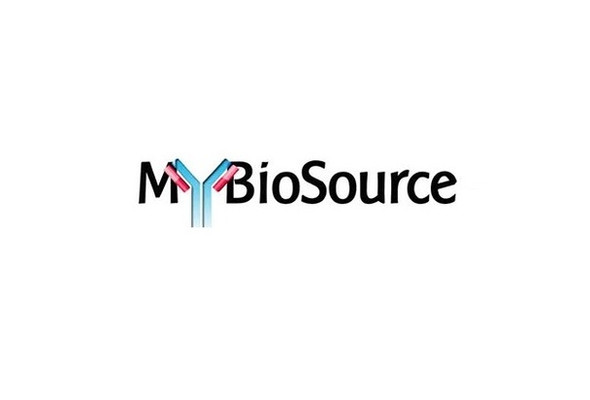MyBiosource Antibodies
MBS2117874 | PE-Linked Polyclonal Antibody to Tissue Factor Pathway Inhibitor (TFPI)
- SKU:
- MBS2117874
- Availability:
- Usually Shipped in 5 Working Days
Description
PE-Linked Polyclonal Antibody to Tissue Factor Pathway Inhibitor (TFPI) | MBS2117874 | Mybiosource
Product Short Name: [Tissue Factor Pathway Inhibitor (TFPI)]
Product Name Synonyme: [TFI; EPI; LACI; TFPI1; Lipoprotein-Associated Coagulation Inhibitor; Extrinsic pathway inhibitor]
Other Names: [tissue factor pathway inhibitor isoform b; Tissue factor pathway inhibitor; tissue factor pathway inhibitor; anti-convertin; extrinsic pathway inhibitor; tissue factor pathway inhibitor (lipoprotein-associated coagulation inhibitor); Extrinsic pathway inhibitor; EPI; Lipoprotein-associated coagulation inhibitor]
Product Gene Name: [TFPI]
Product Gene Name Synonyme: N/A
Other Gene Names: [TFPI; TFPI; EPI; TFI; LACI; TFPI1; LACI; TFPI1; TFPI; EPI; LACI]
Clonality: Polyclonal
Isotype: N/A
Clone: N/A
Host: Rabbit
Reactivity: Human
Specificity: The antibody is a�rabbit polyclonal�antibody raised against�TFPI. It has been selected for its ability to recognize�TFPI in immunohistochemical staining and western blotting.
Purity: Antigen-specific affinity chromatography followed by Protein A affinity chromatography
Form: Liquid; PBS, pH7.4, containing 0.01% SKL, 1mM DTT, 5% Trehalose and Proclin300.
Concentration: >=100ug/ml
Storage Stability: Store at 4 degree C for frequent use. Aliquot and store at -20 degree C for 12 months.
Avoid repeated freeze/thaw cycles.
The thermal stability is described by the loss rate. The loss rate was determined by accelerated thermal degradation test, that is, incubate the protein at 37 degree C for 48h, and no obvious degradation and precipitation were observed. The loss rate is less than 5% within the expiration date under appropriate storage condition.
Tested Application: Western Blot (WB), Immunohistochemistry (IHC), Immunocytochemistry (ICC), Immunoprecipitation (IP)







